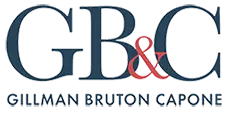Chapter 13 bankruptcy is not just a mechanism for debt restructuring—it’s also a crucial strategy for homeowners facing the distressing prospect of foreclosure or eviction. Chapter 13 bankruptcy offers a structured approach to not only halt these proceedings but also to secure housing stability through carefully crafted repayment plans. By leveraging legal tools and real estate equity, Chapter 13 provides a pathway to retain one’s home and rebuild financial footing.
Stopping Foreclosure and Eviction
The filing of a Chapter 13 bankruptcy petition immediately triggers what is known as an “automatic stay,” a powerful legal injunction that stops creditors from collecting debts. This includes halting any ongoing foreclosure or eviction actions. For homeowners, this stay provides critical time to reorganize finances without the threat of losing their home, giving them a much-needed respite to focus on formulating a viable debt repayment strategy.
Mortgage Modification in Chapter 13
One of the significant advantages of Chapter 13 is the potential to negotiate mortgage modifications. During the bankruptcy process, debtors can work with lenders to alter the terms of their mortgage—typically by reducing the interest rate or extending the term of the loan. This can result in lower monthly payments, making mortgages more affordable and sustainable in the long term. Real estate equity often strengthens a debtor’s negotiation position, demonstrating their investment in retaining the property.
Protecting Rental Properties
Chapter 13 bankruptcy also extends its protective benefits to landlords. For those who own rental properties, this bankruptcy can facilitate the management of mortgage arrears and other property-related debts while preserving the income generated from these investments. By allowing debtors to maintain control over their rental properties, Chapter 13 helps ensure that they can continue to benefit from rental income, which can be pivotal in fulfilling the repayment plan.
Leveraging Real Estate Equity to Avoid Foreclosure
Real estate equity can play a crucial role in the formulation of the Chapter 13 repayment plan. Debtors can use their equity as a demonstration of financial viability, which can be particularly persuasive in negotiations with creditors and the bankruptcy court. By showing that they have substantial equity in their home, debtors underline their commitment to maintaining the property and adhering to the repayment plan, and demonstrate that the mortgage company is adequately protected, thus enhancing their case for keeping their home.
Talk to Us About Preventing Foreclosure and Eviction With a Chapter 13 Bankruptcy
Chapter 13 bankruptcy is a strategic tool for homeowners and real estate investors looking to avoid foreclosure and eviction. By allowing debtors to utilize legal protections such as the automatic stay and mortgage modification opportunities, Chapter 13 not only prevents immediate displacement but also sets the stage for long-term financial stability. Through this process, individuals can retain their homes, protect their investments, and reestablish their financial health in a structured and supportive manner. For many, Chapter 13 isn’t just about debt relief—it’s about safeguarding the future of their family and their home. Place a call to one of our trustworthy bankruptcy attorneys as soon as you can.


